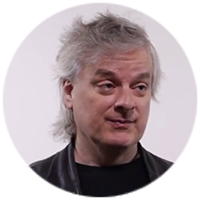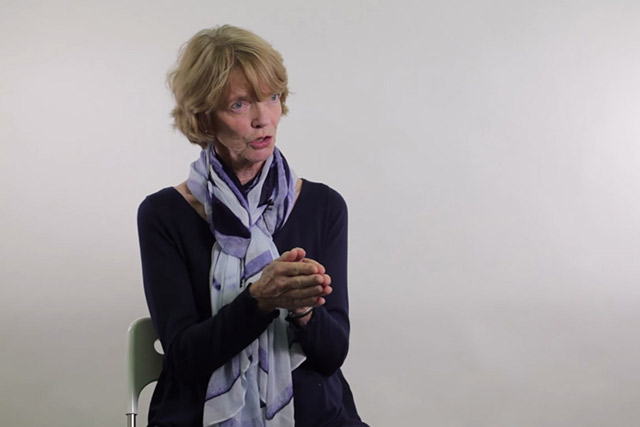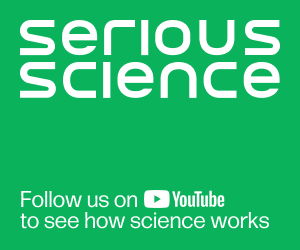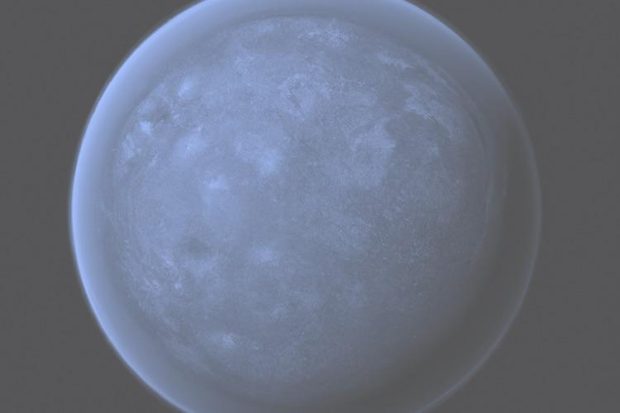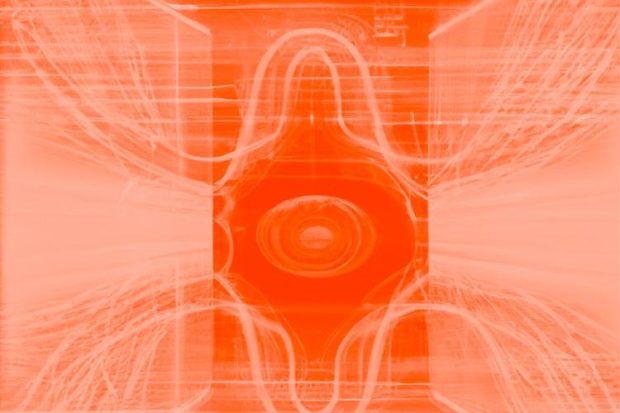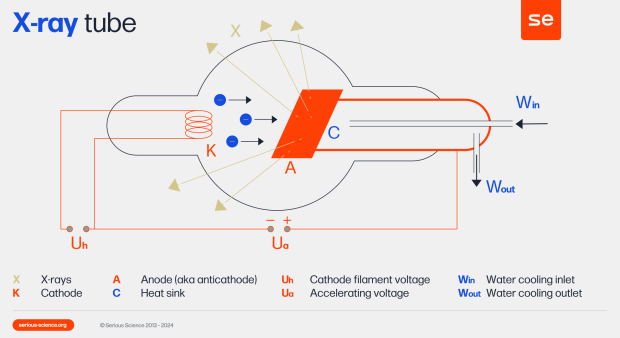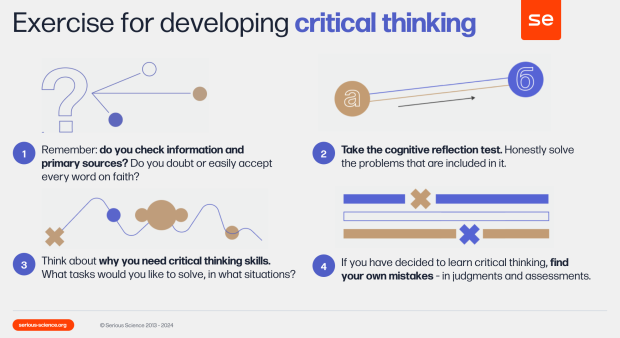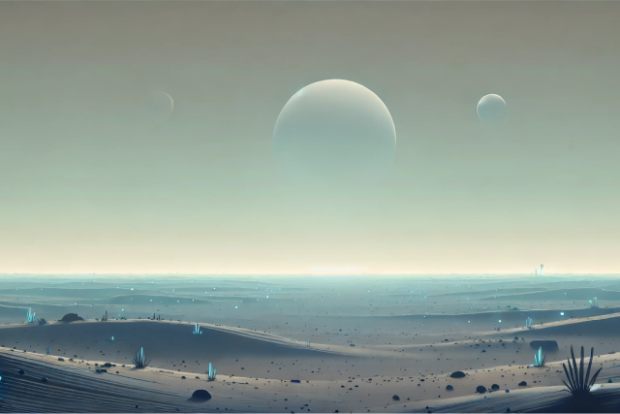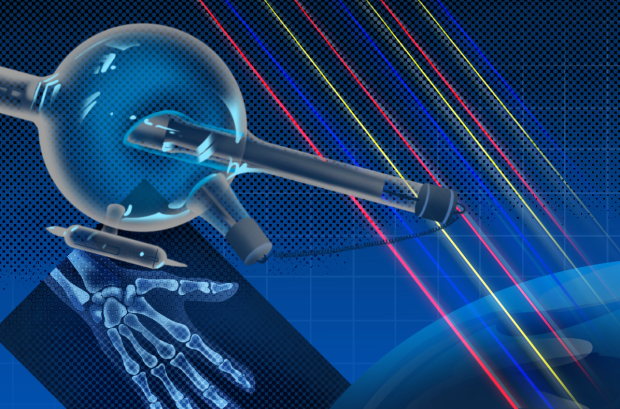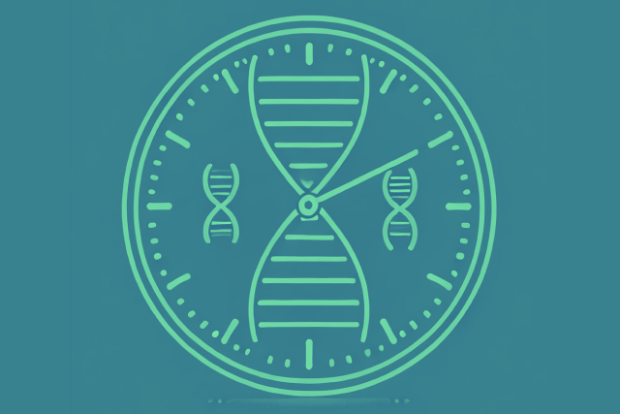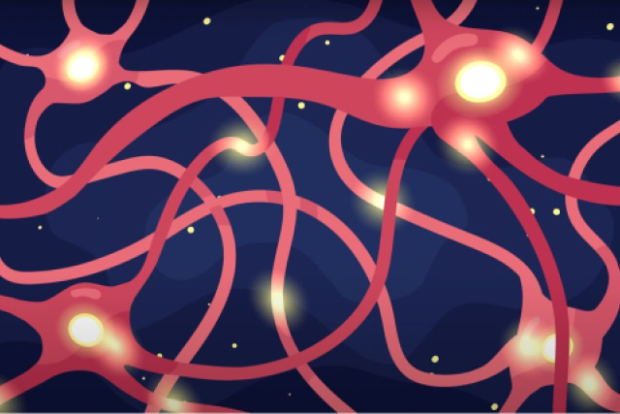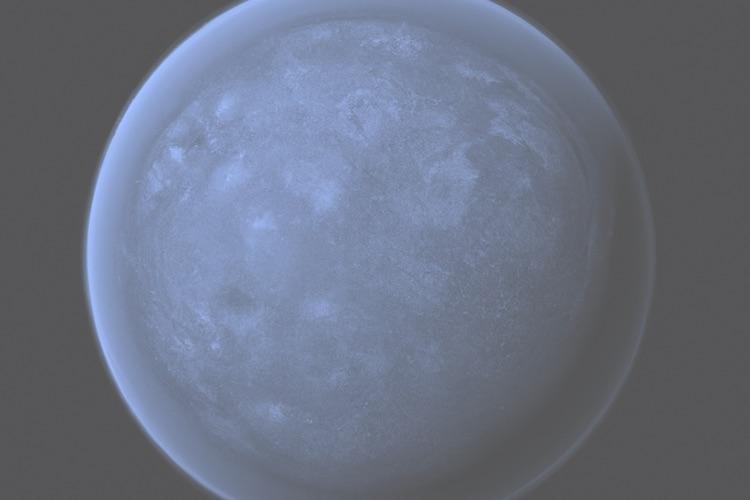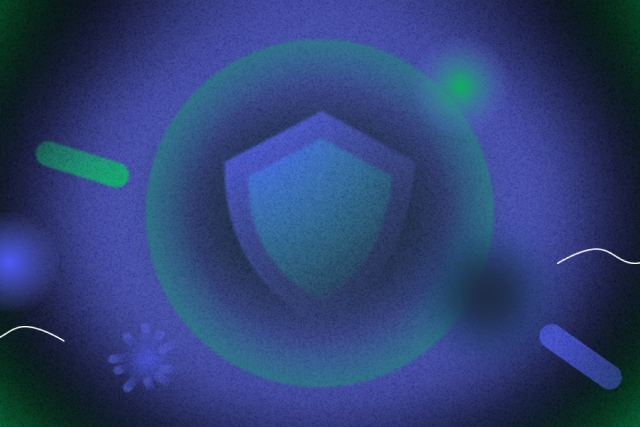The Hard Problem of Consciousness
Philosopher David Chalmers on the combination problem, dualism, and panpsychism
videos | July 5, 2016
What shapes our subjective experiences? What is the relationship between the way science and philosophy approach the matter of consciousness? Why are some problems “easy”, and others “hard”? Professor of Philosophy David Chalmers describes the different views on the problem of consciousness.
The hard problem of consciousness is a problem of how physical processes in the brain give rise to the subjective experiences of the mind and of the world. If you look at the brain from the outside you see this extraordinary machine – an organ consisting of 84 billion neurons that fire in synchrony with each other. When I see visual inputs come to my eyes, photons hit my eyes, they send a signal that goes up the optic nerve to the back of my brain. It sends neural firings propagating throughout my brain and eventually I might produce an action. From the outside I look like a complicated mechanism – a robot.
The hard problem, by contrast, is the problem of how it is that all these processes give rise to subjective experience. And what’s distinctive about this is that it doesn’t seem to be a problem about objective mechanisms, about, for example, behaviors that the brain produces. We could tell a complete story about the objective mechanisms in the brain, the neurons that fire, the behaviors they produce and so on, explaining all these functions: awakeness, responsiveness, discrimination, monitoring. And there might still be a further question – why is all that associated with subjective experience?
Consciousness is actually present at a fundamental level inside the brain and inside all physical processes. This is the traditional philosophical view known as panpsychism. That maybe all of physics involve some element of consciousness at the basic level. Somehow all of this composes to yield my consciousness. It’s a beautiful unified attractive view of the world where consciousness and the physical world might be integrated all the way down.








